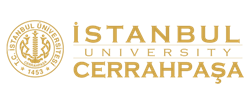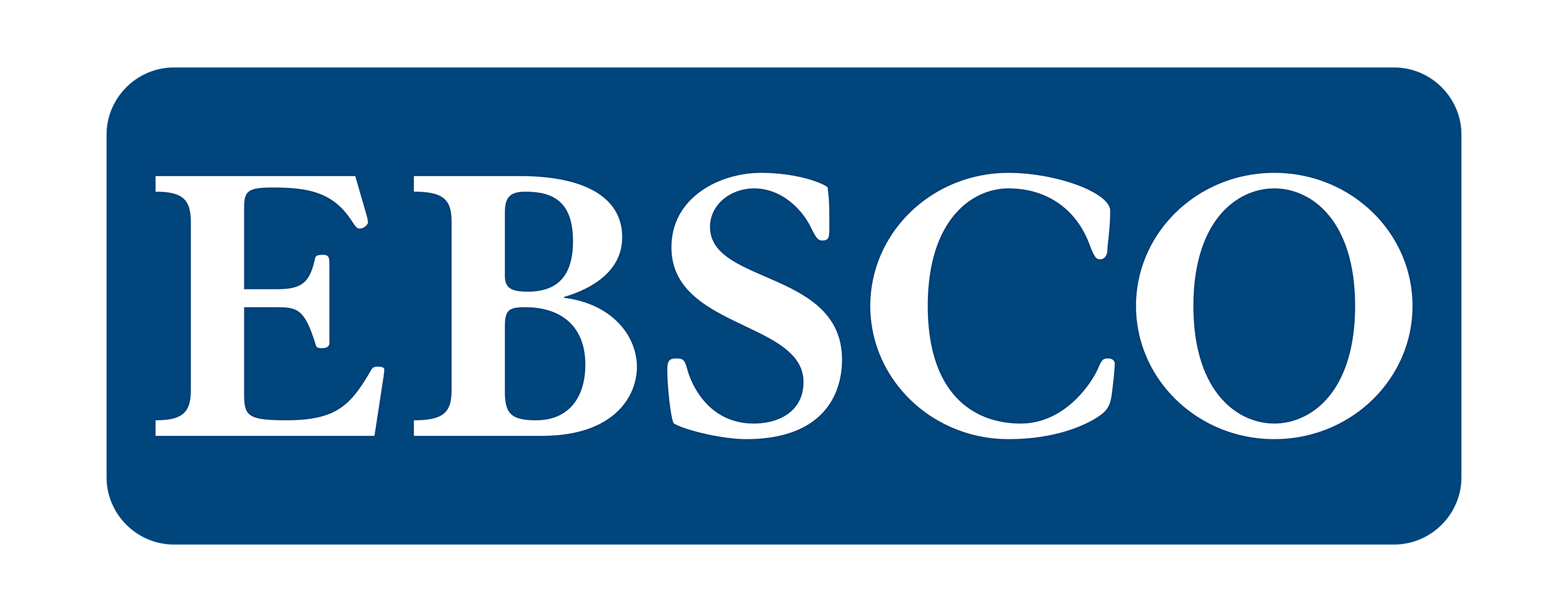Purpose: As a rare syndrome, there is limited information about rehabilitation approaches relation to Escobar Syndrome in literature. In this work, a five month old girl baby who has Escobar Syndrome was presented and her clinic characteristics and rehabilitation program were discussed. Material and Methods: She could hold her head but in facedown position she could not stand in balance with her arms. The reason of physiotherapy referral was delay in motor development and prevention of the joints from contracture expecially limited ones. The symptom was evaluated with the Gross Motor Function Measure Test (GMFM). She took 8 points from stay up and rolling test. Goniometric measurement results were as the the following; passive shoulder flexion (R)120°, (L)115° shoulder abduction (R)135°, (L)125°, elbow extension (R)170°, (L)170°, wrist extension (R)0°, (L)0°. The patient was taken to the physiotherapy two days of the week for 9 months. Neurophysiologic approaches were applied to support motor development. Upper extremity stretching exercises and range of motion exercises were the other exercises of the rehabilitation programme. Results: When the baby reached 14 months, she could turn from her back to facedown, she could lift her body on her forearms, she could sit free standing and when she losed her balance she could use her arms. According to GMFT her stay up and rolling point was 30 and sitting was 8 point. Upper extremity goniometrical results: shoulder flexion (R)150°, (L) 140°, elbow extension (R)180°, (L)175°, wrist extension (R)10°, (L)10°. Conclusion: In the direction of those findings, in Escobar Syndrome, physiotherapy and rehabilitation can be effective to cope with the symptoms causing disability.


.jpg)


